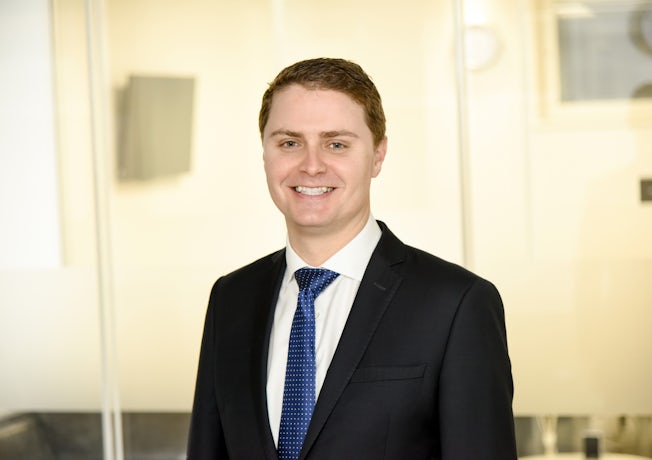“Backs against the wall lads”. That was the startling advice given to me on my first work outing as an articled clerk in Liverpool in 1990. The newbies were being taken on a drinking tour of the city, and part of the tour was to a gay bar to – basically – gawp at the “homo’s”. Unbeknown to any of my new colleagues, I had been to the bar a few days earlier, but very much in the “homo” camp! Having come out of the closet to friends and family a year earlier, I retreated back inside and shut the door when it came to work. At least initially.

Looking back, I do not believe any of my colleagues in Liverpool – or the culture of the firm – was really homophobic. It was in many ways a very progressive law firm and it was great fun to train there. The experience on that initial night out may have been thoughtless but nothing more. I went on to develop great bonds of friendship with my fellow articled clerks and wider colleagues, inside and outside work, attending their house parties and weddings. I ‘officially’ came out at work later in that first year, without any issues whatsoever. However memories of that night out have stayed with me all this time – it just goes to show how much first impressions count!
Before Liverpool, I had had casual summer jobs when I was away from university and law college. I was never ‘out’ – it seemed like too much hassle for a place where I was only going to be around for a couple of months. However, the experience of those jobs – and my first months as an articled clerk in Liverpool – did very much cramp my style. I could not be myself, I could not talk about really what I had been doing at the weekend, I could not really mix the friends I had in work with those outside. I was possibly a bit of a shadowy figure back then. I had the added pressure of making that good impression in my first proper job, anxious not to put a foot wrong – not wanting to lie, but not wanting to reveal the real truth about my life outside the office. I found myself micromanaging the re-telling of my life. Now, as I look back, what a waste of time and energy that was!
I have to give myself a bit of a pep talk here. This was the early 90s. It is true that I gravitated to work in big cities because I felt my employers would be more enlightened and welcoming, and that has been true. I wonder at the experience of LGBT+ colleagues in more provincial parts of the country, and particularly now for those trans and non-binary members of my community whose treatment at the hands of a sensationalist and almost rabid media, remind me of some of the tabloid headlines about ‘gays’ when I was coming out, over 30 years ago.
Since then, the age of consent has been equalised, the Equality Act has been passed and we can now get married. Our freedoms and acceptance have been hard won, and whilst us metropolitan types may think that is an end of it, we cannot be so sure of ourselves: The 2018 Stonewall Work Report found over one third (35 per cent) of respondents hid the fact that they were LGBT+ at work for fear of discrimination. The Law Society’s Pride in the Law Report (2021) found that whilst 97% of respondents felt they were able to be themselves at work at least some of the time, there was a real disparity between being out to colleagues (82 per cent) and out to clients (32 per cent). Further, over half (52 per cent) cited a lack of LGBT+ role models in their work place as a real issue for them.
I do not want anyone to feel they need to waste their time and energy hiding who they are. Freeing them from such concerns allows them to do their best work, which is all I can ask of the people who work with me. Those that can must be visible, out and proud, particularly those of us at the senior end of the profession.
I have been out at my current firm since I joined in 1998, and that did not stop me from making partnership in 2003. By being visible, I, and my out LGBT+ colleagues, declare my firm a safe space. It is still important to encourage staff networks to thrive, and these cannot be imposed top down. Senior management should encourage, advocate for and ally with the networks for sure, but these must be led by those belonging to the community the network serves. At my firm, BBGay+ and BEqual address a need for LGBT+ staff and those from an ethnic minority background (respectively) to get together. They run events and raise awareness, and contribute to the rich and diverse culture of the firm. I want our staff to mirror our clientele, thus able to forge easy relationships, with empathy and understanding. That clearly makes good business sense too!
Jonathan Wheeler is the Managing Partner of Bolt Burdon Kemp. He is a founder member of The Law Society’s LGBT+ community committee, and a member of the Law Society Council occupying the only LGBT+ seat. He is also a Stonewall Ambassador.
























